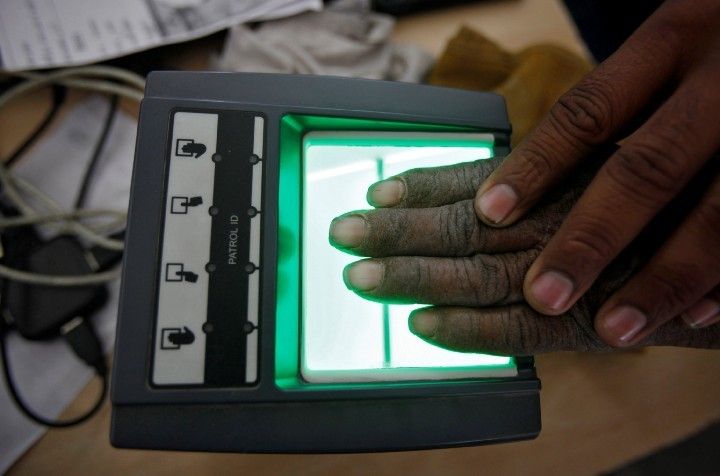If the government has iris-scans, photographs, fingerprints, and addresses on file for 98 percent of its citizens, is privacy dead? It’s a question people in India had good reason to ponder last week after a newspaper claimed government staffers had sold unauthorized access to a giant database containing basic personal details of nearly every person in the country — read: more than a billion people.
The breached database was connected to Aadhaar, India’s ambitious biometric digital ID program that lets people prove who they are with a simple fingerprint scan. That technology has been a godsend for India’s poorest, many of whom lack birth certificates or other documentation, which has forced them historically either to forego government benefits or to rely on extortionary middlemen to get them.Aadhaar promises to boost efficiency and cut fraud. But there are two big questions: first, how do you protect this much sensitive data from snoops or cybercriminals? As last week’s story shows, big data is a big target. And second, surrendering your information to the government is OK so long as the government intends to use that data for helpful purposes. But what if that changes? Who keeps an eye on that? The tradeoff between efficiency and security/privacy is an increasingly urgent political issue for governments — and people and corporations — around the world.
